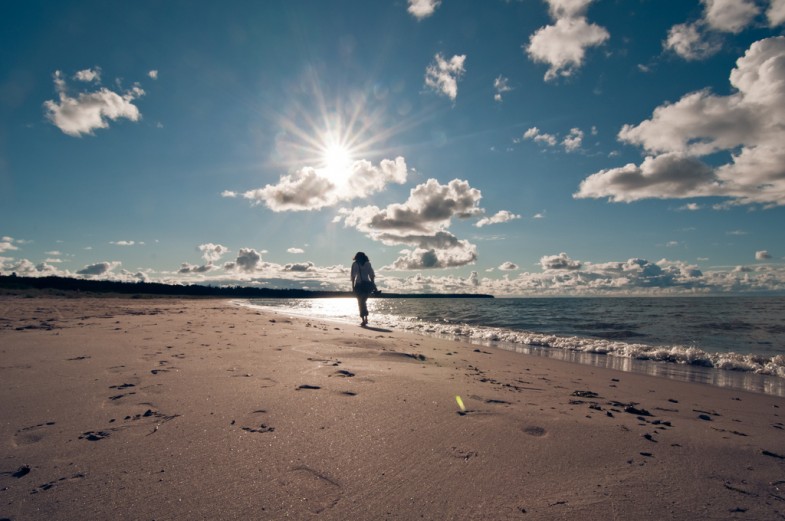Our Great Lakes Commons Gathering
At the Great Lakes Commons Gathering, scholars, economists, engineers, Indigenous leaders, environmental and social justice activists, artists, attorneys, and students from the U.S., Canada, and Indigenous Nations will come together to explore strategies to both establish the Great Lakes as a commons, and create a life-affirming future for the bioregion.
The Need for a Whole-System Solution
The Great Lakes are an incredible gift of nature that make up most of North America’s fresh water. So much life depends on it. But today, the iconic watershed faces grave danger from hydro-fracking, tar sands refineries, and copper-sulfide mining—among countless other industrial threats—that put private interest before the public good.
Great Lakes governance is simply failing to protect the water and the living beings who rely on it for life, and this failure stems from a set of interrelated whole-system problems:
- The underlying logic driving Great Lakes policy is biased toward private and commercial interests, at the expense of ecological and human wellbeing;
- The political and jurisdictional boundaries in the region do not correspond to ecological realities;
- The people of the Lakes bioregion are not seen as central to water stewardship and largely lack standing or structural power in the water decisions that affect them.
To address these systemic problems, we need fundamental change. We need to put forward and legitimize a different operating system: one that values the Lakes both unto themselves and as a source of life in a vast region; one that enables us all to play a vital and effective role in the care of the water.
The Proposition
We are using the commons to frame our inquiry at this historic gathering. The commons, as a world-view and practical approach, enables us to establish a different set of operating assumptions about the value and care of our Lakes. As such, we believe the commons opens a potentially groundbreaking path forward in our relationship to and care of these iconic waters.
A central focus of the Gathering will be to explore strategies that assert, build recognition, and gain standing for this commons based approach—legally, politically, economically, and culturally—and to more fully engage the people of the bioregion in the active care of our commons. One strategy, for example, is the co-creation of a Great Lakes Commons Charter. A commons charter is a set of norms, rules, rights, and practices that define a community’s relationship to and governance of a commons. We are inviting Gathering participants to initiate this charter by defining a guiding vision and set of principles that will orient our collective work, and, ultimately, reorient Great Lakes governance.
Indigenous Leadership
The Gathering will also honor Indigenous wisdom and leadership in a central way. Indigenous communities continue to demonstrate the viability of a life-affirming vision for the Great Lakes. Resurfacing values that recognize our interdependence, engender multigenerational thinking, and foster belonging, generosity, and reciprocity over ownership—all pivotal values in Indigenous cultures—will be essential to our collective survival.
Along with recognizing Indigenous wisdom as a legitimate and vital school of thought that can set the foundation for a commons, it is also important to recognize the disproportionate impact of unsound water decisions on Indigenous peoples, and the need for First Nations and Tribes to have a leading voice, as sovereign Nations, in determining a just water future.
Outcomes
We are setting out a bold new course. Since there are no exact templates for commons governance or charters on this scale, we see the Gathering as a place to co-create a new narrative for the future of the Lakes, share learning and insights, and lay the groundwork to bring the Great Lakes commons to life. We will leave the conference with:
- A defined development process for Our Great Lakes Commons charter;
- A constellation of linked leadership that will carry this work forward through research, organizing, education, law, business, and culture, and move us toward commons governance locally, regionally, and trans-nationally;
- An initial set of strategies that participants can advance in their field, sector, or community.
This Gathering promises to be a visionary and catalyzing event that can launch the critical work needed to re-imagine and re-shape the future of the Great Lakes. We hope it is one that we will look back on in years to come as both historic, and “game changing”:http://www.onthecommons.org/work/great-lakes-commons-initiative-game-changing-plan.

